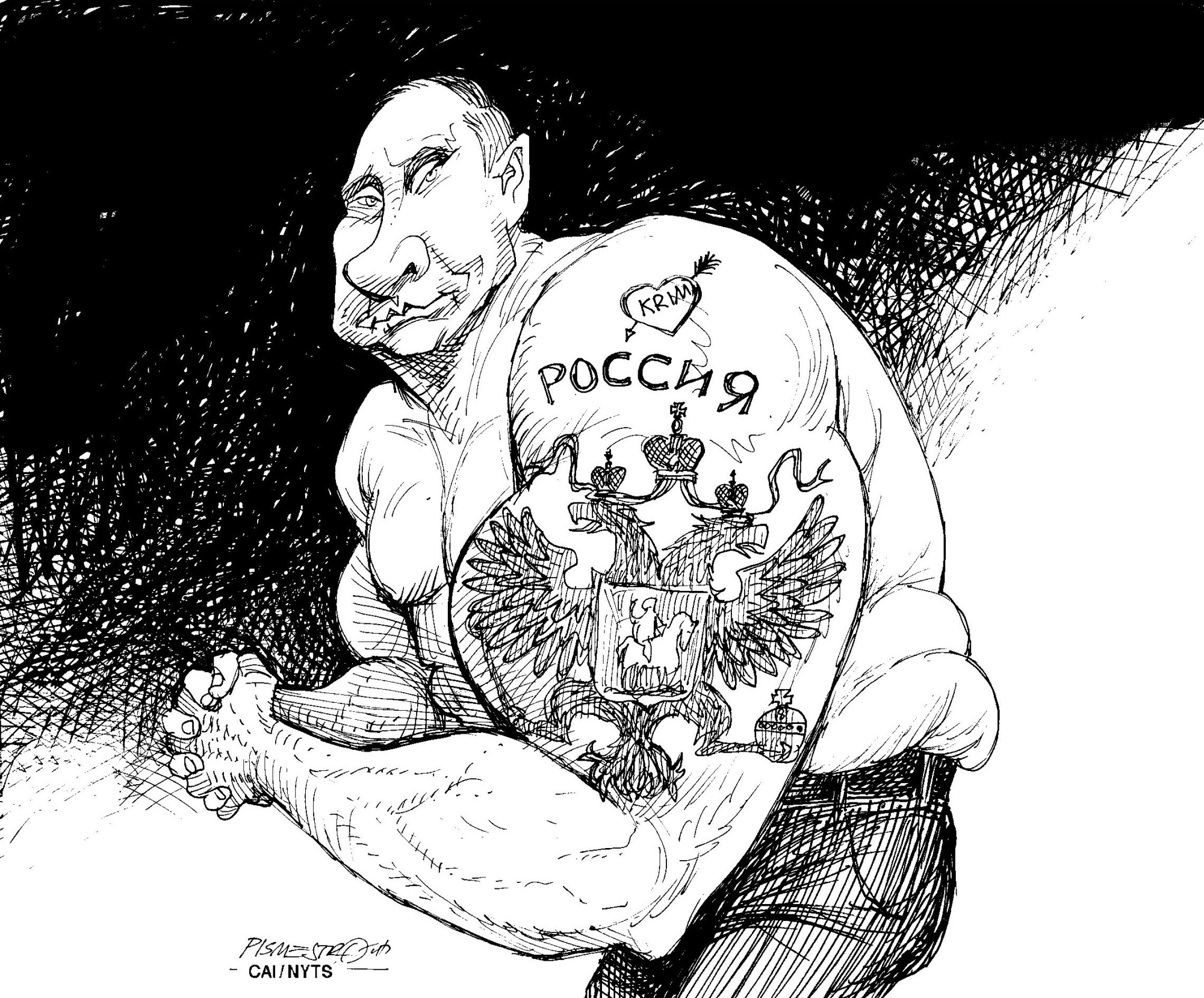Speaking during the plenary session at the Eastern Economic Forum in Vladivostok on Wednesday, Vladimir Putin took his guests and audience by surprise. Turning to Prime Minister Shinzo Abe, who sat alongside him on stage, the Russian president said: "An idea has just come into my head. Let's conclude a peace treaty before the end of this year, without any preconditions."
The remark was met with thunderous applause within the auditorium. It appeared to offer the prospect of a peace treaty more than 73 years after the Soviet Union declared war on Japan in August 1945. It also seemed to present an opportunity to resolve a situation that both sides have described as abnormal.
Yet Putin's proposal is far less impressive than it seems. In reality, Russia has long been willing to sign a peace treaty with Japan. The reason this has not occurred is because Japan refuses to do so until the countries' territorial dispute has been settled. This relates to what Russia calls the Southern Kurils, a group of islands off the coast of Hokkaido that were occupied by Soviet forces after the Japanese surrender, and that are still claimed by Japan as its Northern Territories.



